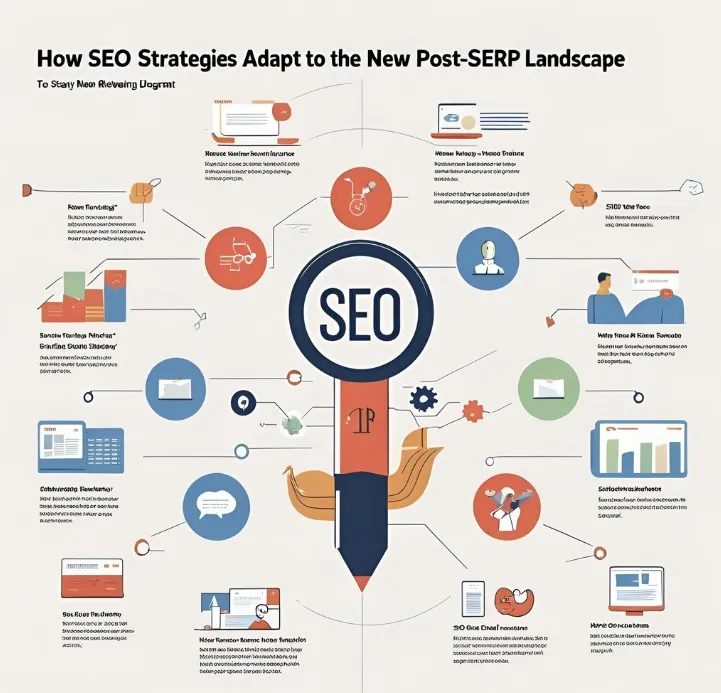As the world becomes increasingly aware of the importance of sustainability, businesses are looking for ways to reduce their environmental impact. One often-overlooked area is digital marketing, where the carbon footprint of websites, data storage, and online advertising can be significant. In this blog post, we'll explore the concept of sustainable digital marketing, including eco-friendly web design, ethical SEO, and green hosting.
The Environmental Impact of Digital Marketing
The digital world has a significant environmental impact, including:
- Data centers consuming massive amounts of energy to store and process data.
- Websites generating carbon emissions through page loads, data transfers, and user interactions.
- Online advertising contributing to energy consumption and e-waste.
Eco-Friendly Web Design
Eco-friendly web design focuses on creating websites that are energy-efficient, user-friendly, and environmentally sustainable. Some key strategies include:
1. Optimizing images: Compressing images to reduce file size and page load times.
2. Minimizing code: Streamlining code to reduce data transfers and energy consumption.
3. Using green hosting: Choosing web hosts that use renewable energy sources, such as solar or wind power.
4. Designing for accessibility: Creating websites that are accessible to all users, reducing the need for unnecessary features and functionality.
Green Hosting
Green hosting is a type of web hosting that uses renewable energy sources to power data centers. Some benefits of green hosting include:
A. Reduced carbon footprint: Green hosting can significantly reduce the carbon emissions associated with website hosting.
B. Increased brand trust: By choosing green hosting, businesses can demonstrate their commitment to sustainability and build trust with customers.
C. Improved brand reputation: Green hosting can enhance a company's reputation and appeal to environmentally-conscious customers.
Ethical SEO
Ethical SEO focuses on creating content that is valuable, relevant, and user-friendly. Some key strategies include:
i. Creating high-quality content: Developing content that is engaging, informative, and meets user needs.
ii. Using natural language: Writing content that is natural, conversational, and easy to understand.
iii. Avoiding keyword stuffing: Using keywords strategically and avoiding manipulative tactics.
iv. Focusing on user experience: Prioritizing user experience and creating content that is accessible and usable.

Ethical Data Practices
Ethical data practices involve collecting, storing, and using data in a responsible and transparent way. Some key strategies include:
1. Data minimization: Collecting only the data that is necessary for business purposes.
2. Data protection: Implementing robust security measures to protect user data.
3. Transparency: Being open and transparent about data collection and use practices.
4. User consent: Obtaining informed consent from users before collecting and using their data.
The Benefits of Sustainable Digital Marketing
Sustainable digital marketing offers numerous benefits, including:
a. Increased brand trust: By prioritizing sustainability, businesses can build trust with customers and enhance their brand reputation.
b. Improved brand reputation: Sustainable digital marketing can demonstrate a company's commitment to social responsibility and environmental sustainability.
c. Cost savings: Eco-friendly web design and green hosting can reduce energy consumption and lower costs.
d. Competitive advantage: Businesses that prioritize sustainability can differentiate themselves from competitors and attract environmentally-conscious customers.
In conclusion, sustainable digital marketing is no longer a niche consideration – it's a business imperative. By prioritizing eco-friendly web design, green hosting, ethical SEO, and ethical data practices, businesses can reduce their environmental impact, build trust with customers, and future-proof their brand. As consumers become increasingly environmentally conscious, sustainable digital marketing will play a critical role in driving business success.

Comments